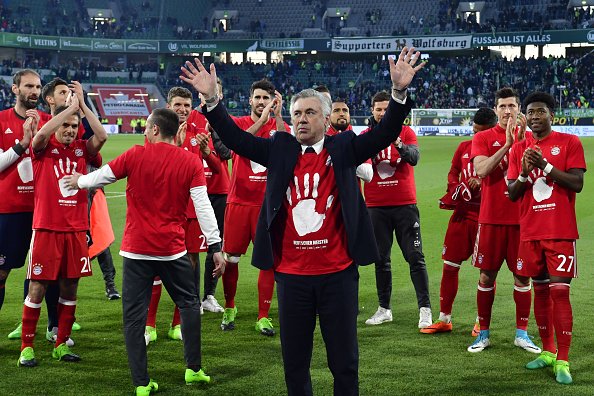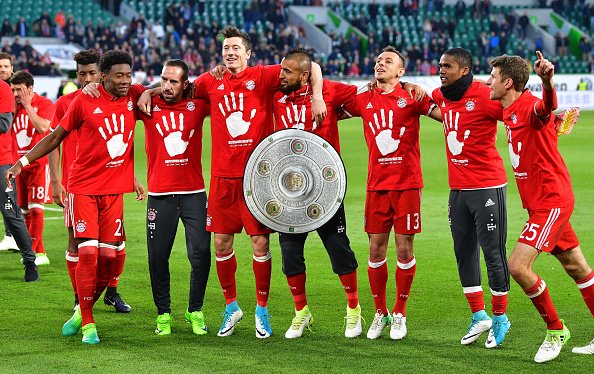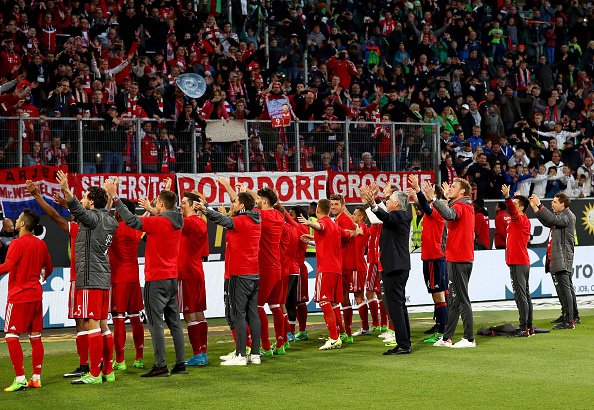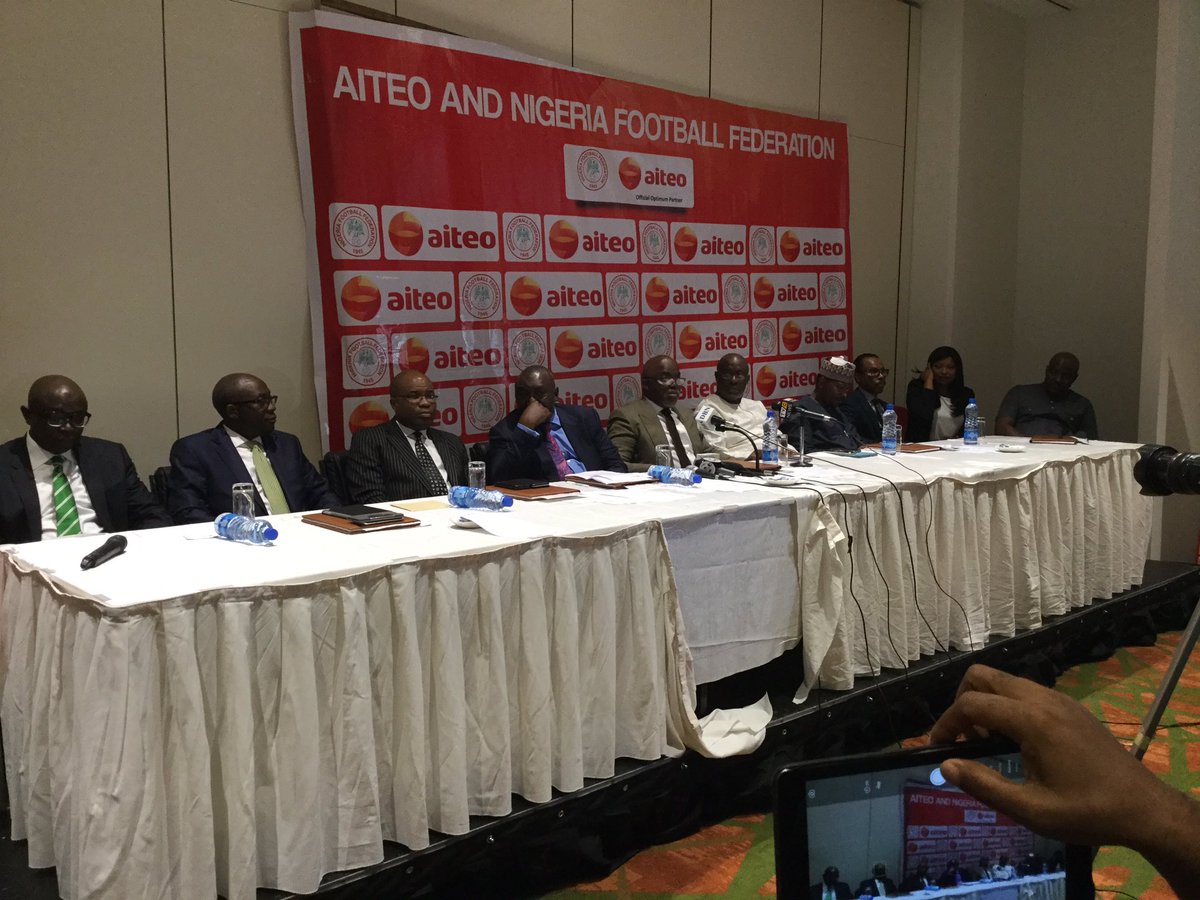“The following day on 5 May in Milwaukee Wisconsin, the state militia fired on a crowd of strikers killing seven, including a schoolboy and a man feeding chickens in his yard”.
Human freedom has historically come at a price, and more often than not, expensive. Today, the world celebrates the International Workers Day and while many take the opportunity to reflect on the immense contribution of the Labour Movement in fostering camaraderie amongst workers, I find it as an opportunity to draw attention to the need for Nigerians to begin to reward labour beyond the monetary.
What may be paid to replace lives lost in struggles or deaths occasioned by mismanagement? What is the acceptable cash reward for cases of outright withdrawal of entitlements of workers for long periods of time? The Nigerian case is a sordid tale of suffering and gross disrespect as workers are basically slaves to the men they refer to as ‘Governor’. Our culture of zoning in on money as the one-size-fits-all compensation has left workers gasping for breath to survive. All they have is that money and we know what money does to the Nigerian politician. The existence of other perks are simply paper decorations, a matter deserving urgent attention in my opinion.
I will propose that we begin to adopt a mix of the following for recognizing Labour:
– rewards to family members (scholarships, health insurance, etc)
– recognition for clean records as we are a society that have come to see almost no value in honesty
– recognition from traditional institutions who today have skewed recognition as an exclusive of the affluent
– recognition from our religious institutions especially those with commercial ventures such as schools and whose Honorary awards are focused on other classes of people
– recognition from social media which is today more focused on celebrities and entertainers
– recognition from financial institutions who most times only usually celebrate cases of integrity.
Our banks deploy use of manual labour through casual engagement of ‘labourers’, our churches and mosques have unskilled people manning them day and night, and so do we have labour offered to us in different dimensions on the go. Let us begin to recognize the dignity of labour beyond offers of devalued currencies and begin to adopt symbolic interaction that tells workers that we appreciate them for longer stretches of time.
As responsible citizens, let us celebrate our workers daily. It is the right thing to do.





